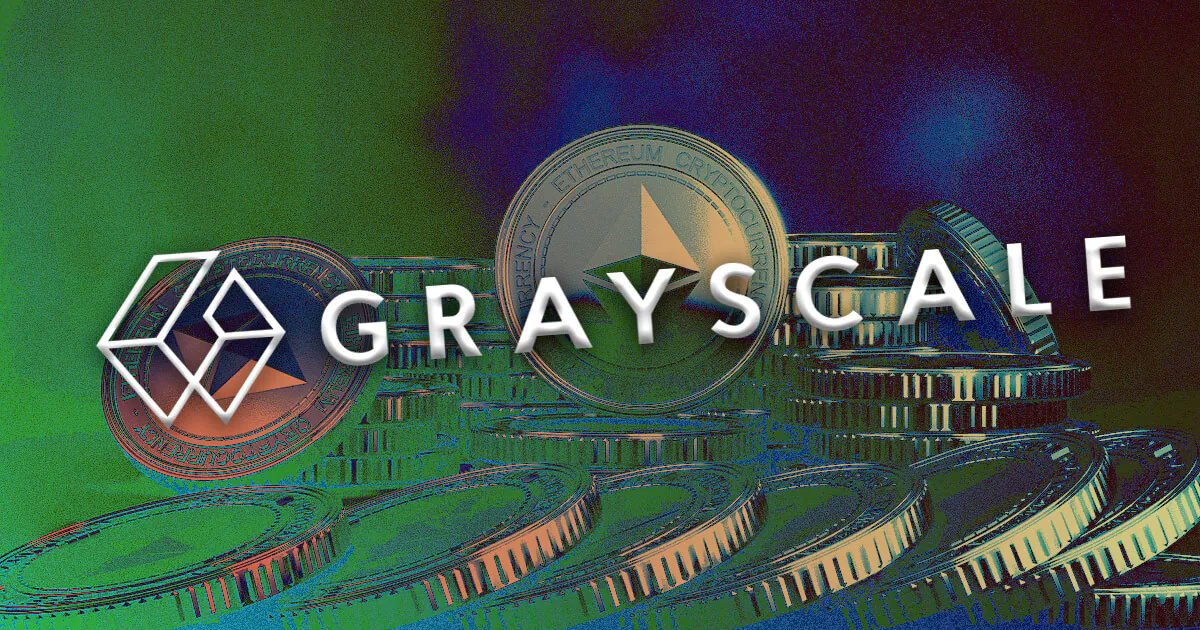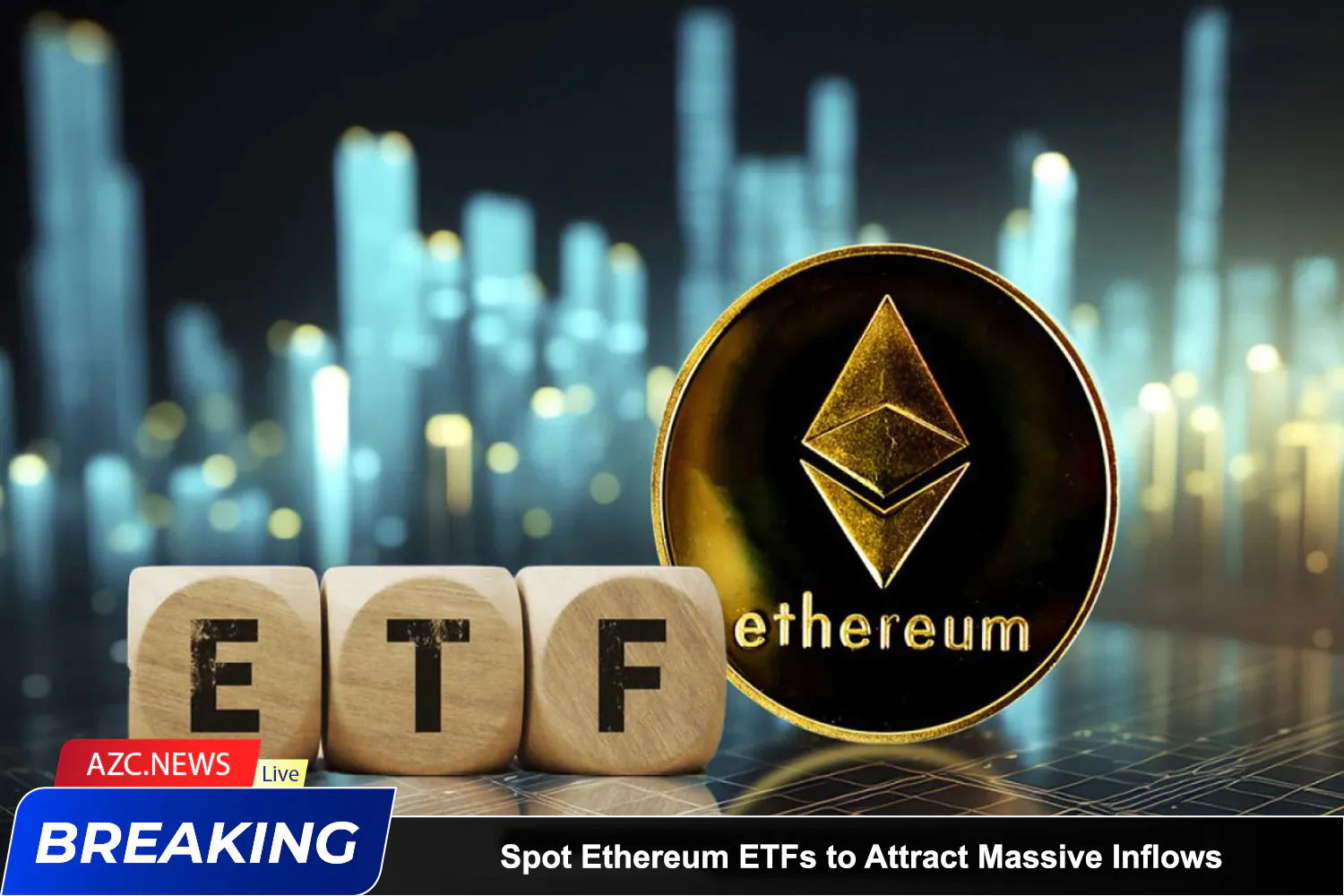Ethereum surged to a high of $3977 yesterday before slightly retreating to its current price.
Kaiko Research recently announced that the approval of a spot Ethereum ETF by regulators signals an optimistic future for the digital asset, despite some immediate market challenges. The company emphasized that this development would eliminate much of the regulatory uncertainty surrounding Ethereum’s classification, thereby fostering its long-term growth.
Ethereum ETF Awaits Final SEC Approval
Will Cai, Head of Indices at Kaiko, commented on the significance of the SEC’s decision, indicating a pivotal shift in how regulators perceive Ethereum. He stated, “The SEC’s approval is a clear sign that Ethereum is being regarded more as a commodity rather than a security.” This perception is crucial as it could set a precedent for how similar digital tokens are treated in the U.S. market.
Furthermore, Cai highlighted that while the approval is a significant milestone, the complete regulatory process requires further development. The SEC has approved the ETF’s 19b-4 filing but still needs to approve the S-1 order. It is anticipated that spot Ethereum ETFs could launch within weeks or months, marking a pivotal moment in the landscape of cryptocurrency investment.
Is #ETH headed for a bull run?
In a surprising turnaround, the SEC approved the first spot ETH #ETFs last week, triggering more than 25% in gains for the second largest crypto asset.
Check out our latest Data Debrief for the full trend👇https://t.co/l3I4isZVjx
— Kaiko (@KaikoData) May 27, 2024
Grayscale Ethereum Fund Braces for Outflows
Despite the optimism, Kaiko predicts potential short-term volatility, particularly concerning Grayscale’s Ethereum fund, ETHE. With $11 billion in assets under management, the fund could experience substantial outflows, which may put downward pressure on Ethereum’s price. Kaiko estimates that average daily outflows from ETHE could be around $110 million once it transitions to an ETF.
This scenario reflects the experience of Grayscale’s Bitcoin fund, GBTC, which saw outflows of up to 23% of AUM in the first month of ETF trading. However, notably, other ETF funds eventually offset these outflows, indicating a potential equilibrium that could occur with Ethereum.

Hong Kong’s ETH ETF Funds Experience Net Outflows
Kaiko also shifts focus to the global landscape, particularly the underperformance of Ethereum ETF funds in Hong Kong. Since their establishment in early May, these ETF funds have recorded net outflows of $4.4 million, contributing to uncertainty about how the U.S. market dynamics may unfold.
Related: Bitcoin Trading at $69,000, Repeating 2020 Cycle
Furthermore, analysis of centralized exchange data reveals that Ethereum’s market depth is currently about 42% lower than the pre-collapse FTX average, and market concentration in the U.S. has decreased from 50% to 40% since the beginning of 2023. These figures highlight the evolving landscape of Ethereum trading and the broader implications of regulatory and market changes on its accessibility and stability.







Woww